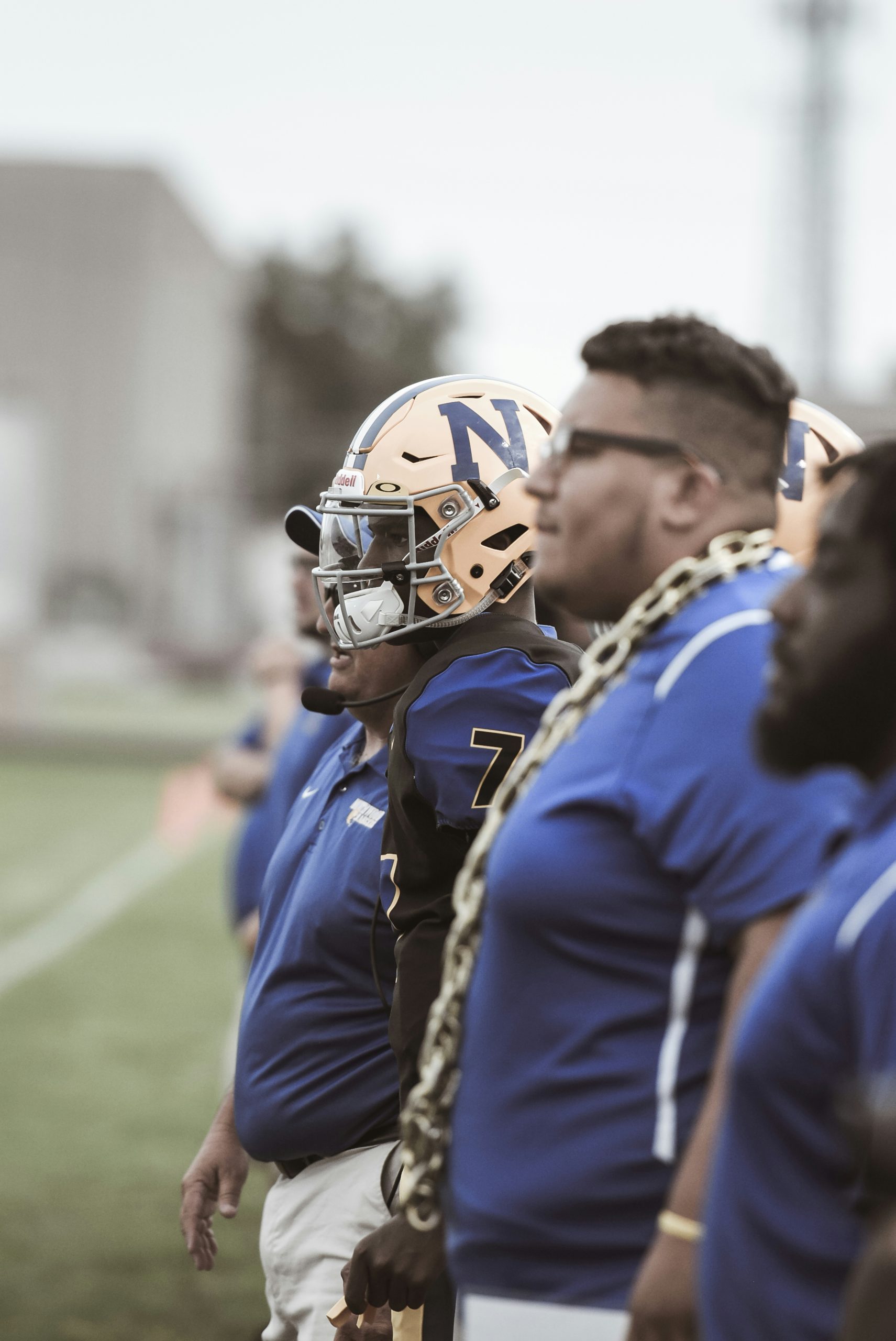
Sports as a Tool for Education and Personal Development
Introduction
Sports are often viewed as activities for physical fitness and entertainment. However, their impact extends far beyond the field or court. Engaging in sports can significantly contribute to education and personal development, fostering essential skills and values that are invaluable throughout life.
Physical Fitness and Health Benefits
Participation in sports promotes physical fitness and overall health. According to the World Health Organization (WHO), regular physical activity through sports helps prevent major noncommunicable diseases such as cardiovascular diseases, diabetes, and certain cancers. It also improves mental health and can enhance social skills and teamwork abilities.
Development of Essential Life Skills
Sports provide a platform for individuals to develop crucial life skills that are applicable both in academic settings and professional careers:
- Discipline: Athletes learn the importance of adhering to training schedules, following rules, and maintaining a balanced lifestyle.
- Time Management: Balancing academics or work commitments with sports teaches effective time management skills.
- Teamwork and Collaboration: Team sports especially emphasize cooperation, communication, and collective goal achievement.
- Leadership: Captains and team leaders often emerge, learning to motivate and guide their teammates.
- Resilience and Perseverance: Overcoming challenges such as losses or injuries builds resilience and determination.
Educational Benefits
Research indicates that students who participate in sports tend to perform better academically. According to a study published in the Journal of Sports Science and Medicine, students who played sports demonstrated higher academic achievement and lower dropout rates compared to their non-sporting peers. This correlation is attributed to improved concentration, time management skills, and enhanced cognitive function associated with regular physical activity.
Personal Development
Beyond physical and academic benefits, sports contribute significantly to personal growth:
“Sports have the power to change the world. It has the power to inspire, it has the power to unite people in a way that little else does.” Nelson Mandela
Sports instill values such as resilience, respect for opponents, humility in victory, and grace in defeat. These values shape character and contribute to holistic personal development. For example, the story of Wilma Rudolph, an American sprinter who overcame childhood polio to become an Olympic champion, exemplifies the transformative power of sports in overcoming adversity and achieving personal goals.
Case Studies and Examples
Numerous athletes exemplify how sports have shaped their lives beyond the playing field. Michael Phelps, the most decorated Olympian of all time, credits swimming with teaching him goal-setting, determination, and resilience, which he applies to his life beyond competitive swimming. Serena Williams, another iconic figure in tennis, has used her platform to advocate for equality and empowerment, inspired by the values instilled in her through sports.
Conclusion
In conclusion, sports serve as a multifaceted tool for education and personal development. From fostering physical fitness and health to nurturing essential life skills and values, the impact of sports transcends mere competition. By engaging in sports, individuals not only enhance their physical well-being but also cultivate traits that prepare them for success in academics, careers, and life challenges. As Nelson Mandela eloquently stated, sports have the power to inspire and unite, making them a powerful instrument for positive change in society.



